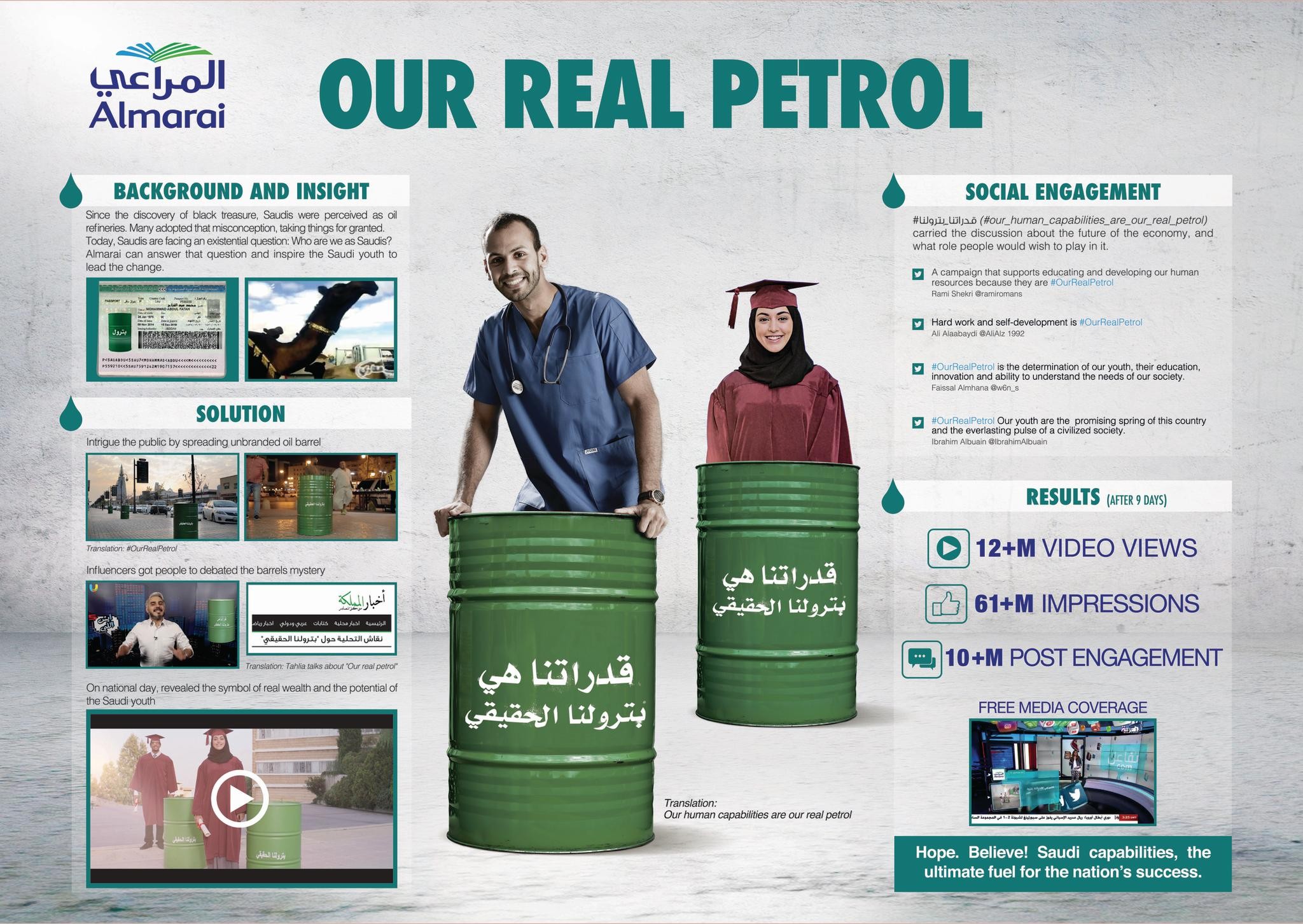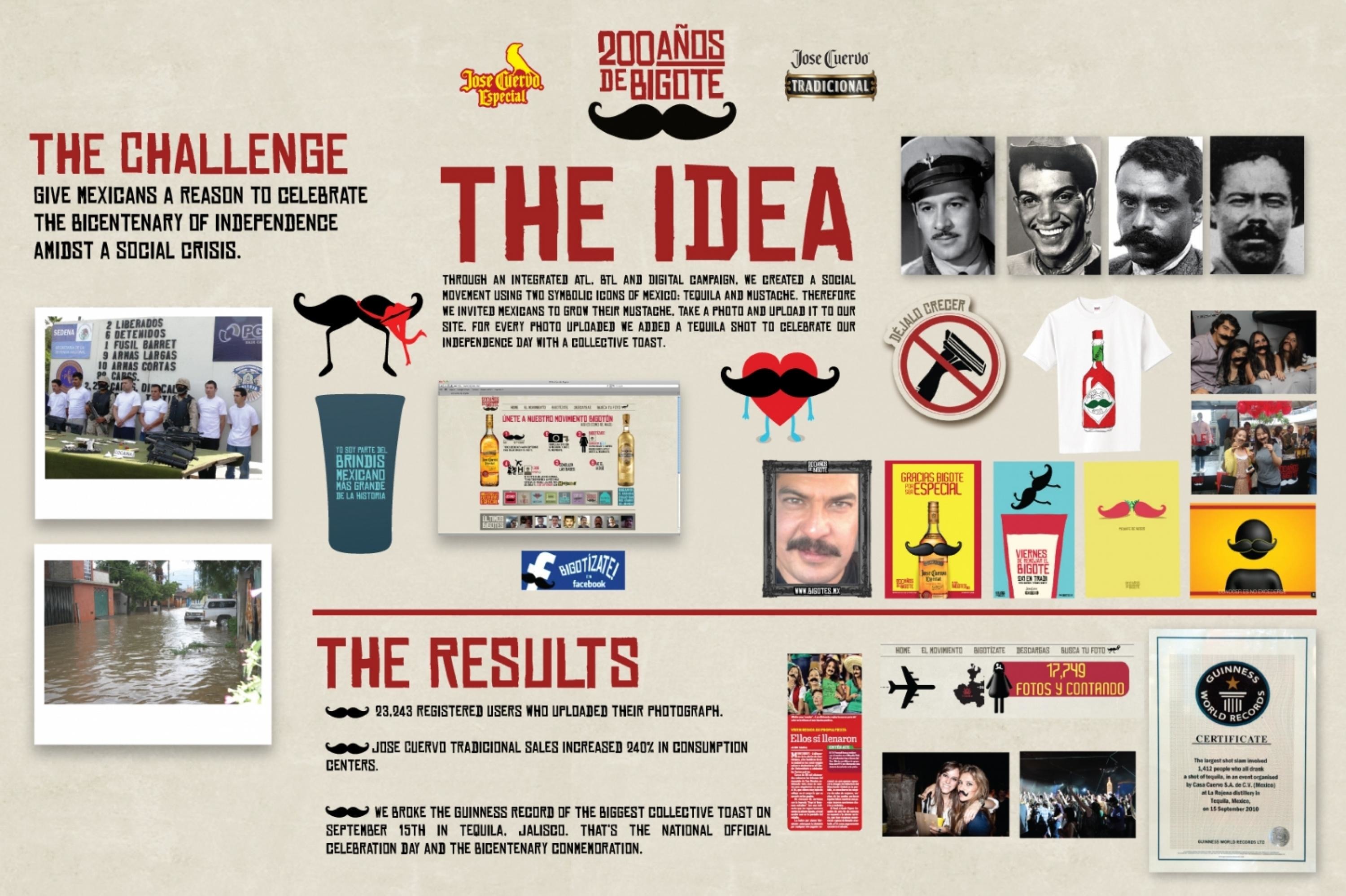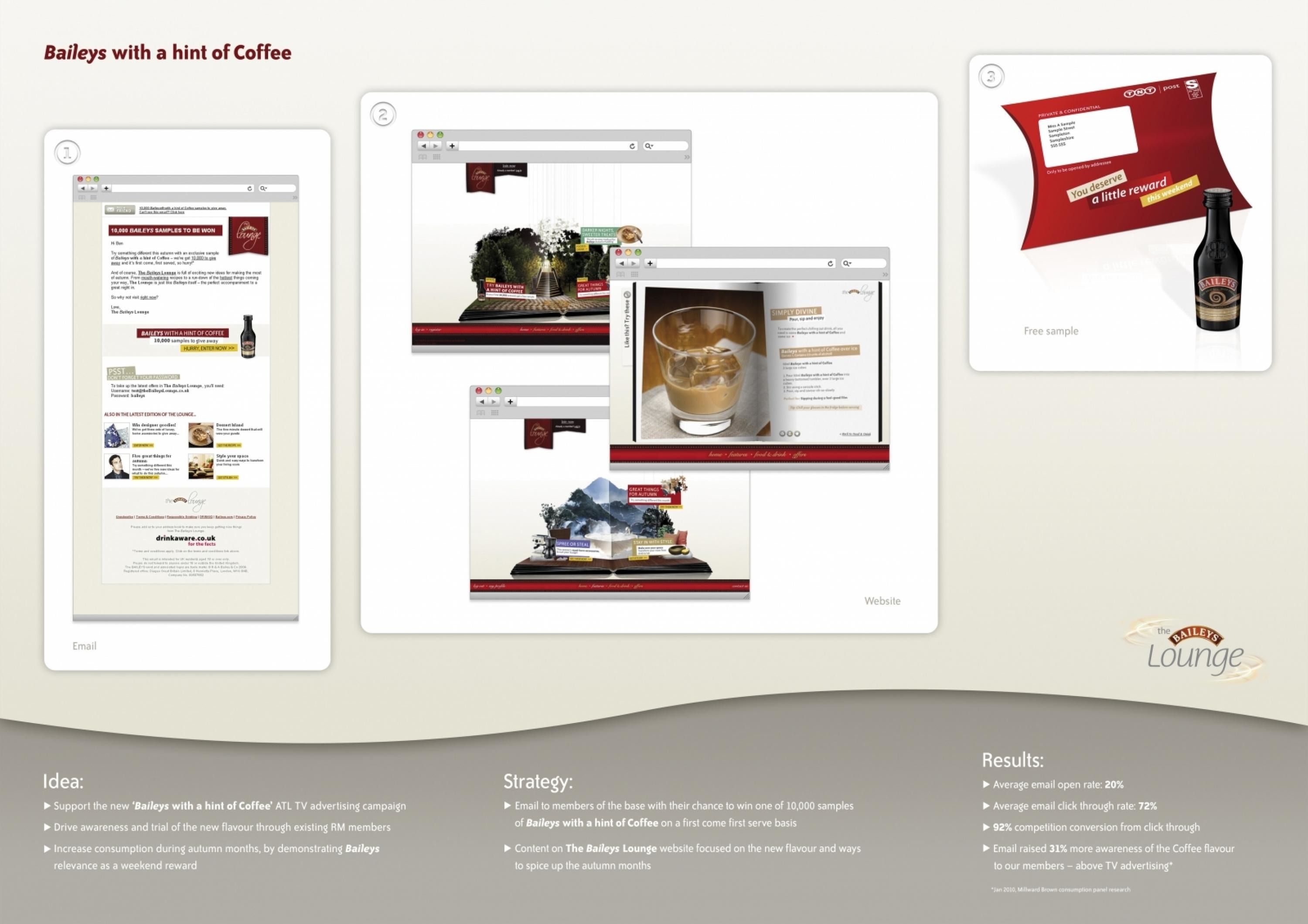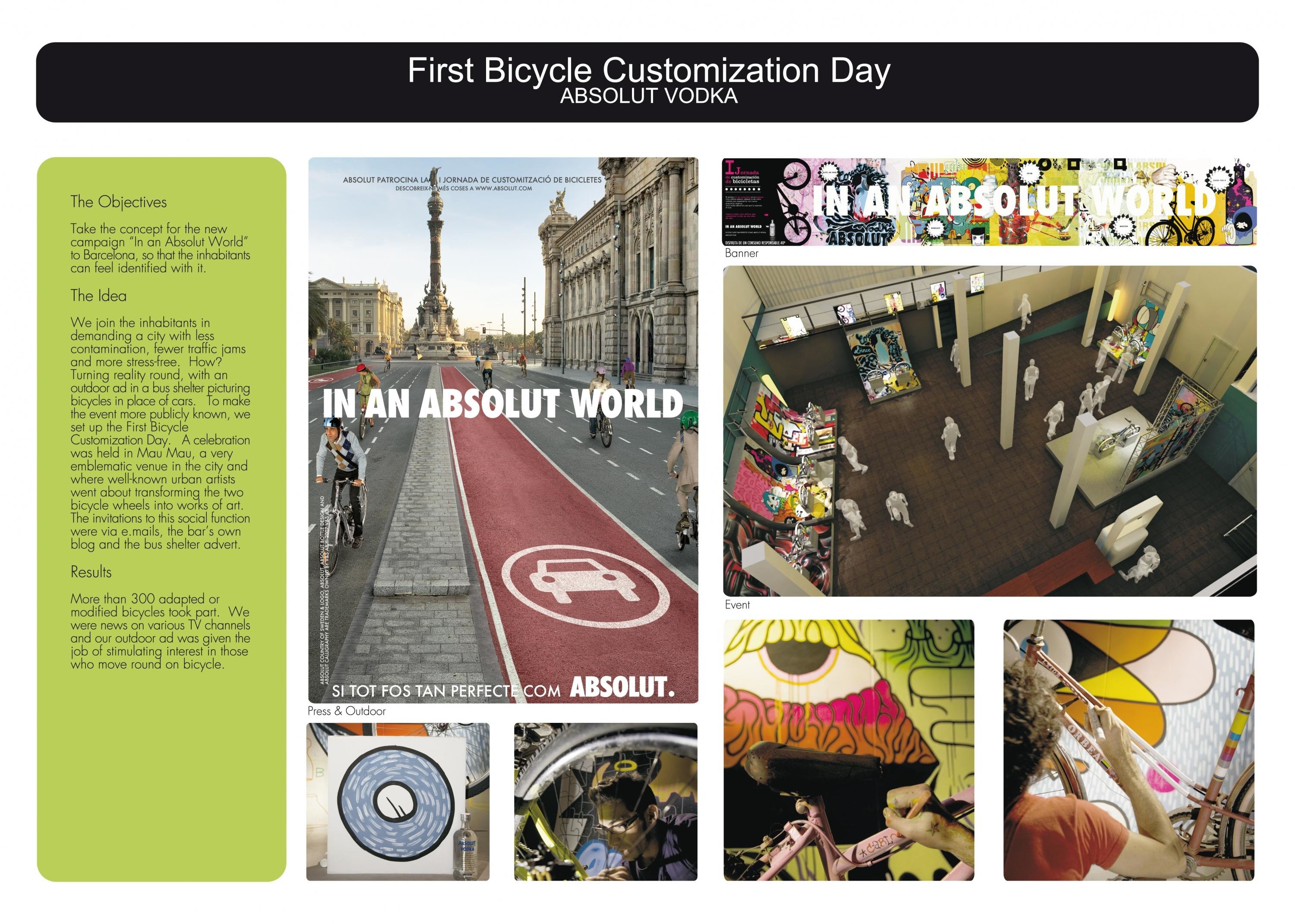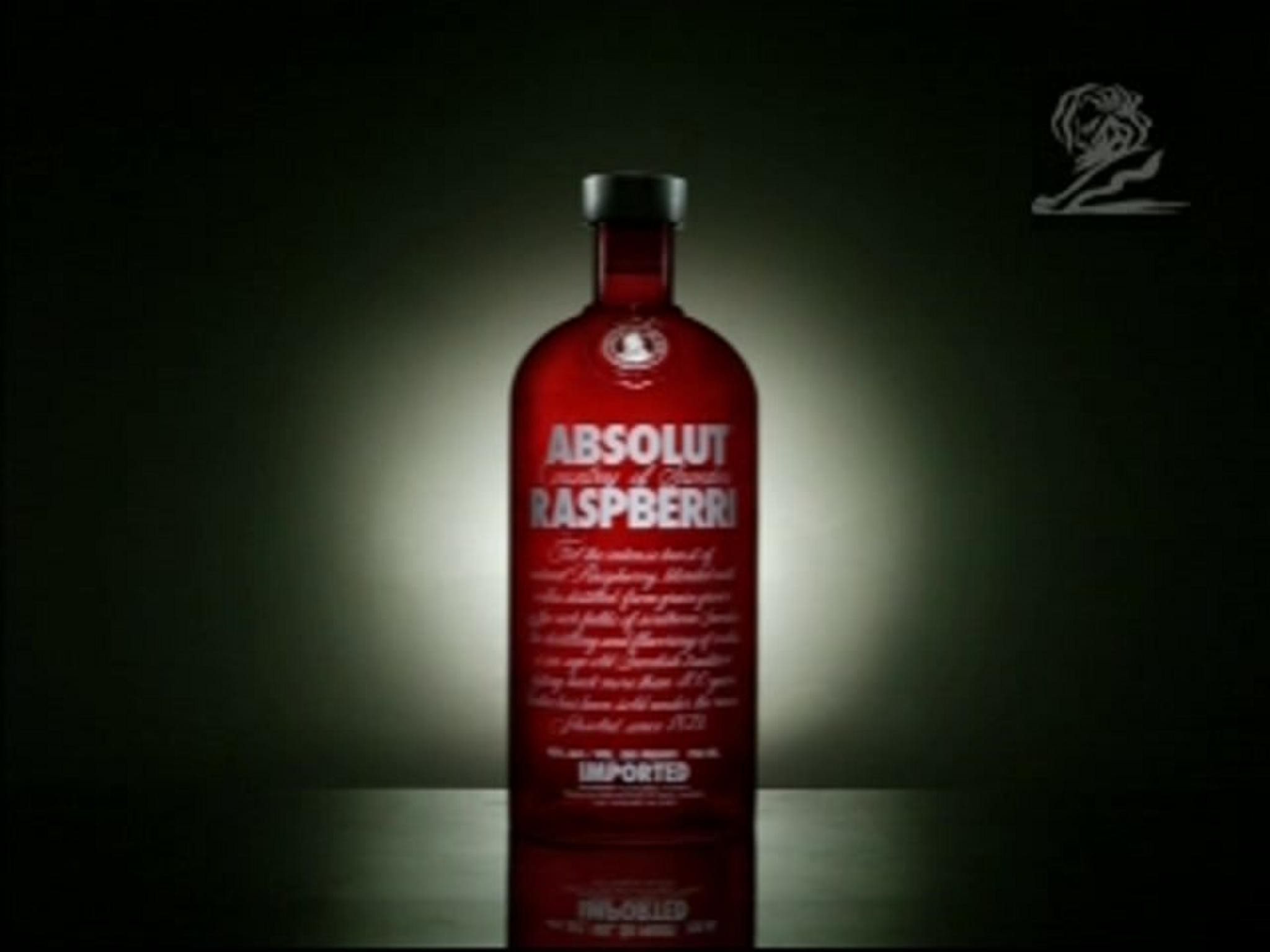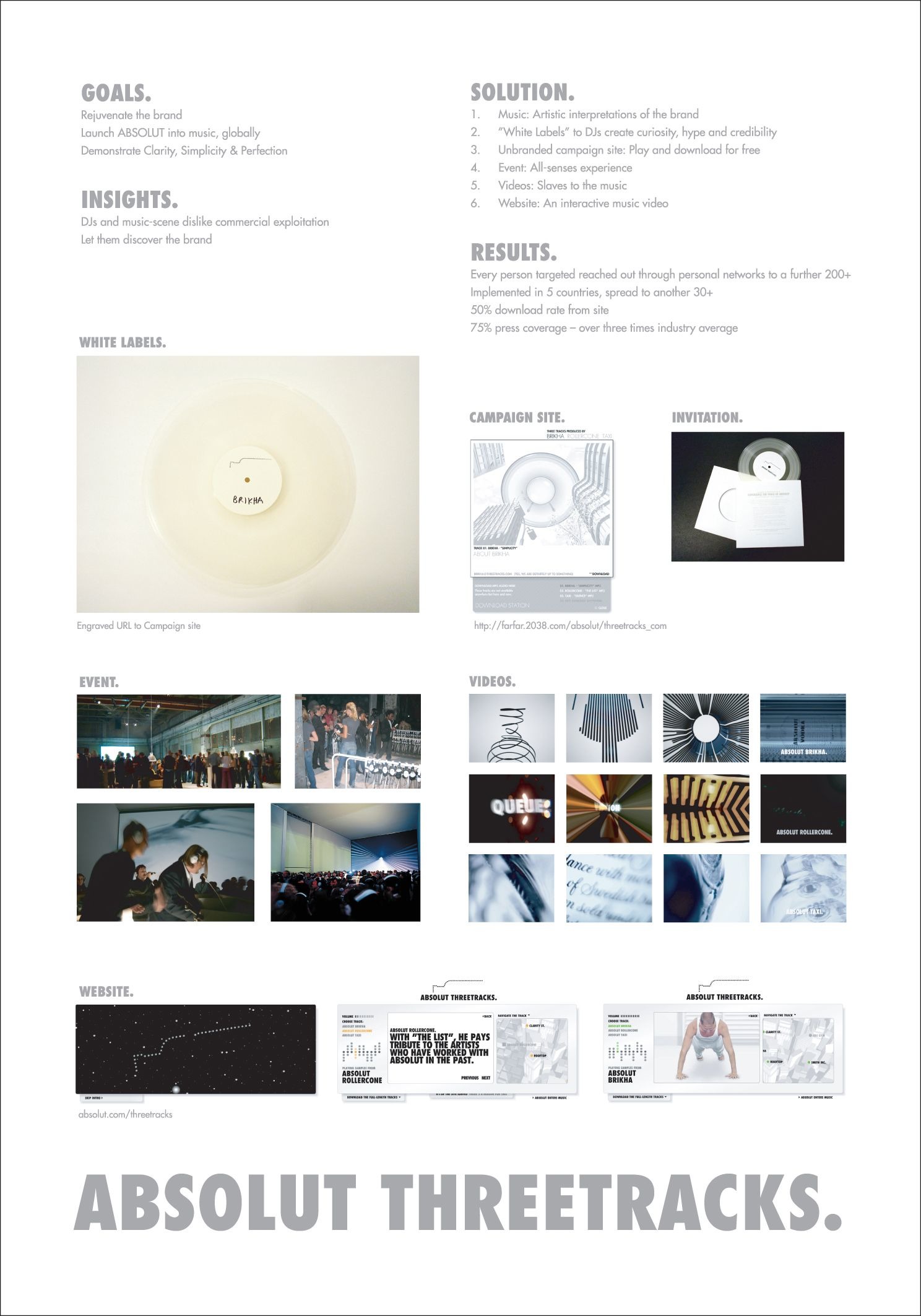Cannes Lions
Absolut Paper Bottle
THE ABSOLUT COMPANY, Stockholm / ABSOLUT VODKA / 2024

Overview
Entries
Credits
OVERVIEW
Background
For over two decades, Absolut has focused on sustainability and reducing their environmental footprint, whether it's in the production of glass bottles, or the handling of wheat that is used to create the vodka. Because the recycling rates do not look the same globally, Absolut set out on a journey to create a 100% bio-based bottle.
Originating from Paboco, and together with its community of cross-industry pioneers, Absolut is part of the collaborative Paper Bottle initiative.
The objective was to sell the limited amount of bottles to collect learnings and feedback from the value chain. It was also to showcase what a sustainable brand Absolut always has been and become top of mind when talking about sustainability inside the spirit category.
Idea
Absolut has a progressive mindset, and people want a more sustainable future. A paper bottle flips the traditional thinking around packaging for spirits, and will hopefully promote change in scale within the industry.
In the assets created for Greater Manchester, and the limited roll-out in Sweden, the creative idea was to show the work-for-progress towards the 100% bio-based bottle. The idea was to be visually clear in the different components of the creation, with the forest, the sketch and the process of creating the bottle.
The target audience for this bottle were consumers who are curious, sustainably driven, and has a thirst for discovery and change. Absolut also wanted to reach those who want brands to act in making the future more sustainable for all. In addition to consumers, Absolut wanted to reach the wider drinks industry and retail buyers.
Strategy
With this launch, Absolut is collecting feedback on the performance of the bottle throughout the value chain to gather learnings for the next generation.
Absolut believes in scalability as in cross-industry collaboration, to fulfill the aim of having the right material in the right market.
Almost half of global consumers believe that companies are responsible for increasing the amount of packaging that is recycled – only a quarter believe that it’s up to the consumers, according to Mintel. To take on that responsibility, companies should consider sustainable packaging alternatives to fit different market needs and their recycling infrastructures.
All of the bottles available in Greater Manchester were sold, and the sales of the paper bottle were incremental to standard Absolut 70cl, recruiting new consumers beyond the vodka category according to Dunnhumby Shopper Data. Clubcard data shows 94% were new to buying Absolut and 4% switched from another vodka brand.
Execution
The iconic silhouette and shape of the original bottle has been kept, making the material the biggest visible difference in the Absolut Paper Bottle. It is made of 57% FSC-certified paper, and 43% is a PEN plastic barrier to protect and maintain the quality of the vodka. The cap is made from aluminum.
The paper bottle has the same design elements as the glass bottle; the iconic blue “Absolut Vodka” title, the “Swedish vodka” handwriting underneath and the white sticker with information about the contents. The bottle is finished with an embossed portrait of L.O. Smith, who started the production of Absolut Vodka in 1879.
The campaign elements to complement the slogan “Not just an idea on paper” enhance that this is a work for progress, by including the sketches, the finished bottle, the creative process, and the trees and nature that Absolut wants to take care of.
Outcome
In the UK, the campaign generated 706K+ article views, and 13.2M impressions on paid social media. In Central Manchester, a billboard with a 2D Paper Bottle was created using recycled paper.
On social media, the bottle was received well overall, but also received with skepticism – particularly around glass already being a recyclable material. From Absolut, this was intended, as it created a possibility to generate curiosity, conversation around the topic and push boundaries.
All the bottles in Greater Manchester were sold.
The main KPI was to test and learn; how the bottles performed, the interest from retailers and consumers, and if consumers would participate in the journey by recycling the bottle and giving feedback. These learnings are what Absolut is bringing with them on the journey towards a 100% bio-based bottle.
Similar Campaigns
12 items
